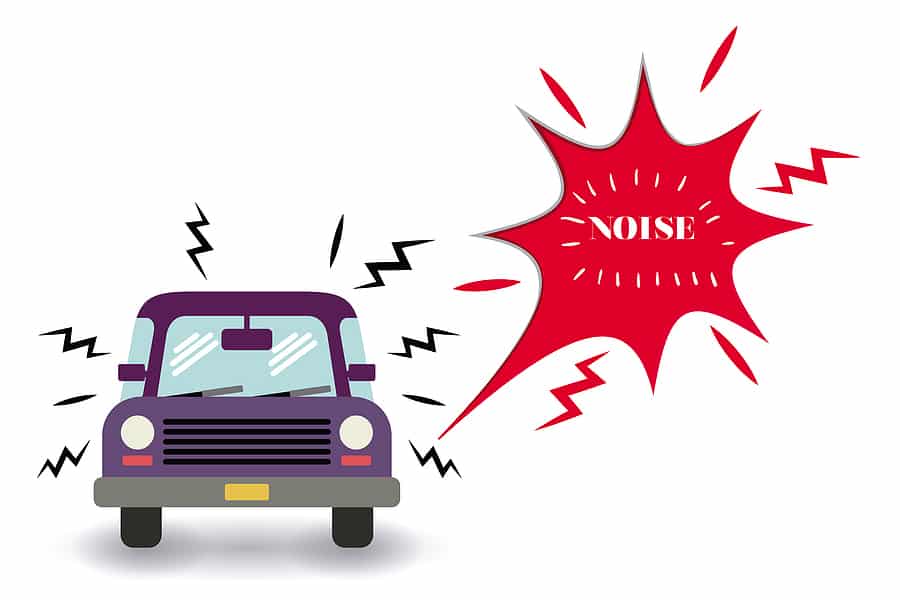
Your car is making a squealing noise. What’s the problem? Unfortunately, there are many parts in your car that can start squeaking over time as they get worn out. However, with the help of this article you’ll be able to identify those that require urgent attention, hopefully preventing any minor fault in your vehicle turning into a major issue.
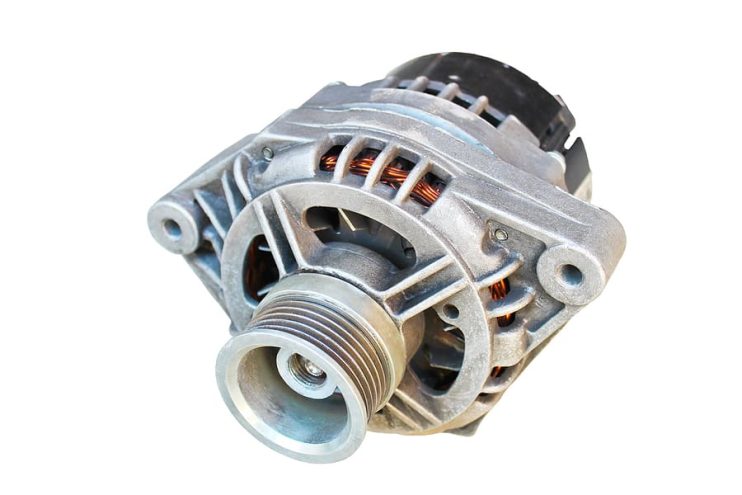
Alternator Pulley
The alternator pulley is one potential source of any squeaking noises. Problems with the bearings in the pulley or a loose or worn pulley can emit a high pitched sound, which can often be heard when turning the ignition on starting the car.
The alternator and its associated parts usually last for around 7 years – so if you’re outside of this window, then there’s an increased chance the pulley is the culprit, especially if the sound is accompanied by a burning smell or dash warning light. Get it checked out by a professional. You might find you need the bearings replaced or it could be time for a whole new alternator.
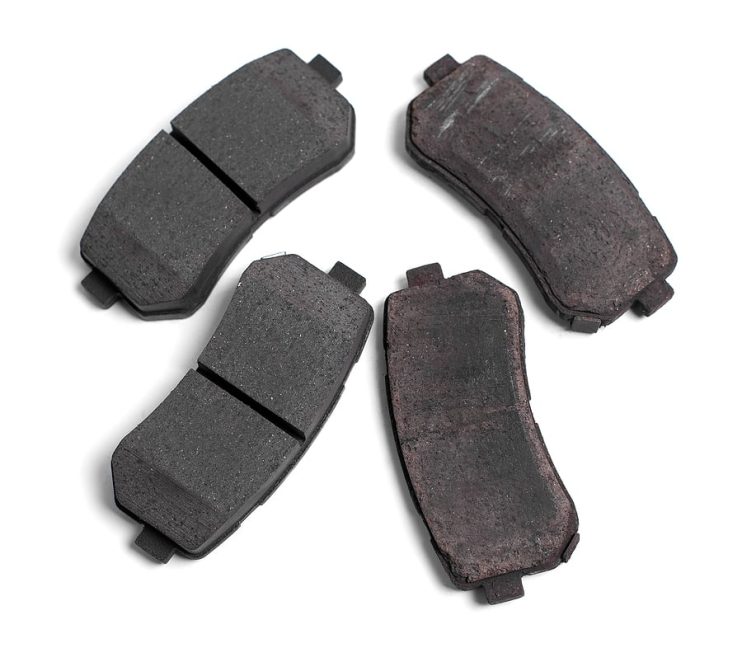
Brake Pads
Modern brake pads are designed to make a squealing noise when they’re starting to wear out – giving you a clear, audible signal that the part needs changing. It’s always worth giving the brakes a quick visual inspection however as the squeaking could be caused by a small stone or other debris stuck between the pad and disc.
Some newer cars will even have dashboard lights that notify you of issues with the pads, helping you identify any noises. Make sure you do take this warning seriously as continuing to drive on worn pads could see you damage the discs.
Power Steering
There are many parts within the power steering unit that can cause a squealing noise including the steering gear, pump, and hose. Low levels of fluid or contaminated fluid will often lead to this condition, or the power steering pump could be failing. If you notice that the squealing sound becomes more prominent when turning your steering all the way to one side, this is another tell-tale sign that something’s not right.
Try refilling the power steering fluid to see if this stops the noise. If not, then you might have worn out ball joints or contaminated fluid, which will require professional attention – a mechanic will have to fully drain and replace the bad fluid. Issues with the power steering unit should not be ignored, so if you suspect a problem, then don’t waste time getting it checked out.
Cambelt
Also known as the timing belt, this crucial part synchronises the rotation of the crankshaft and camshaft, which are both essential for the car’s internal combustion engine. If there are issues with the cambelt, then this will often result in a squealing sound, especially under acceleration.
Like all belts in your car, the cambelt is prone to wear and tear, becoming loose and worn over time. Check your owner’s manual to find out how often the part needs replacing, and don’t ignore any warning signs, as a broken cambelt can cause expensive damage to the rest of the engine.
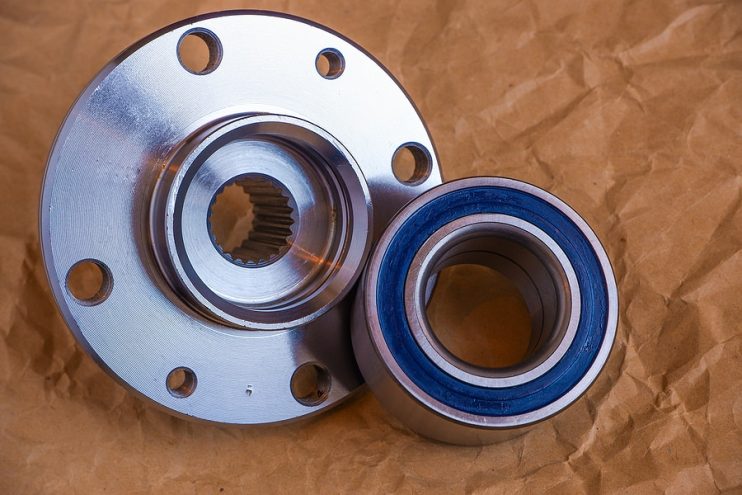
Wheel Bearings
Wheel bearings help smooth the friction between the wheel and axle, so they can often start to emit a squealing noise when they start to wear out. Whilst it may seem like a minor issue, if your bearing fails when you are out on the open road, this could cause a severe accident – because once the bearing breaks, the wheel will completely cease rotating, which could prove extremely dangerous if it happens at high speed.
Suspension
High pitched squealing noises coming from your suspension could be a sign that something is not right with the system. Over time wear and tear in any of its components, including the springs, shock absorbers or even the ball joints or bushes, can cause them to creak or squeak. And if the suspension system loses lubrication, then friction within the system could cause similar noises.
The suspension system smooths your vehicle’s ride when you hit imperfections in the road, such as small bumps and potholes. If it’s not working properly, you may also notice that the ride in your vehicle has become more bouncy and less stable.
Water Pump Pulley
Sometimes squealing noises coming from the engine can be incorrectly identified as emanating from the cambelt or alternator belt when the water pump pulley is the real culprit. Bad bearings on this part can cause squealing – and if left unattended, this issue could cause the engine to overheat due to inefficient cooling.
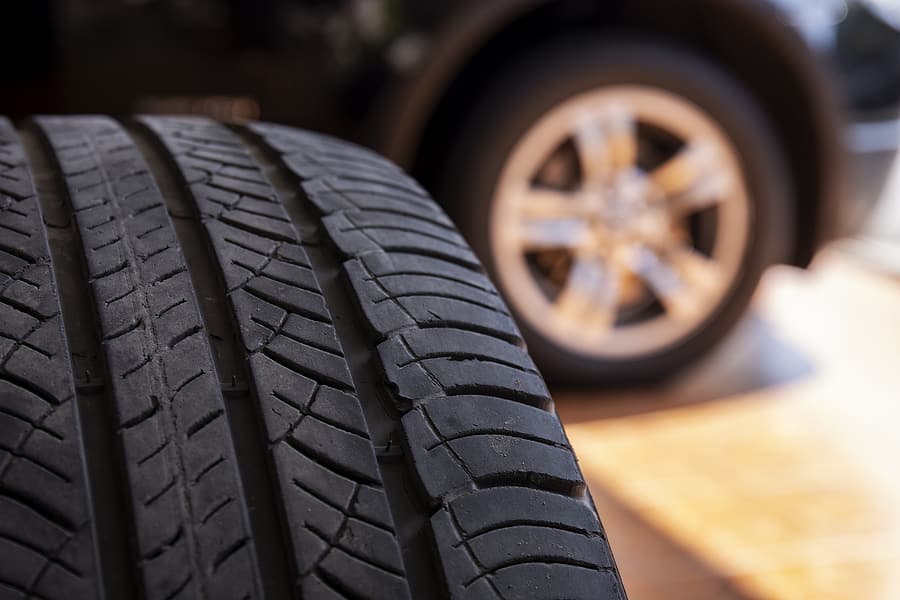
Tyres
Squealing noises coming from your tyres can be an indicator of both over or under-inflated tyres – or even issues with the wear on the tread or tyre alignment. If your steering seems off (your car is constantly pulling one way or the other when you are holding the wheel straight) and there’s a loud squealing noise then this could be a problem with your wheel alignment.
Always check your tyre pressure every two to three weeks. If the tyres are constantly underinflated, then consider getting them checked by a professional for damage.
A Final Word
Discovering the source of strange noises in and around your vehicle can give you a head start in diagnosing problems, so you know when to take drastic action and get down the garage for some expert advice or a fix.
Regular servicing will ensure that most problems are identified before they can become major issues, and regular fortnightly checks on your car and being attentive and observant of any changes in performance or sounds whilst out on the road can help spot any new issues. As with all automotive issues, always get any problems checked out, as leaving them unattended can often cause further damage to other associated parts in your engine.

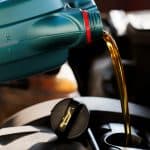
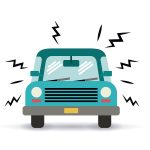
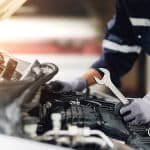
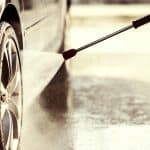
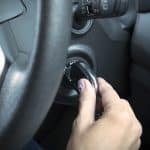
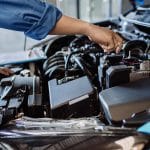
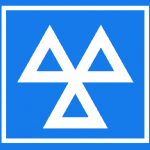


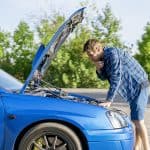
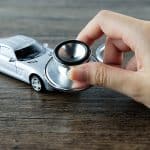
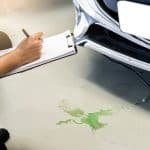
.png)